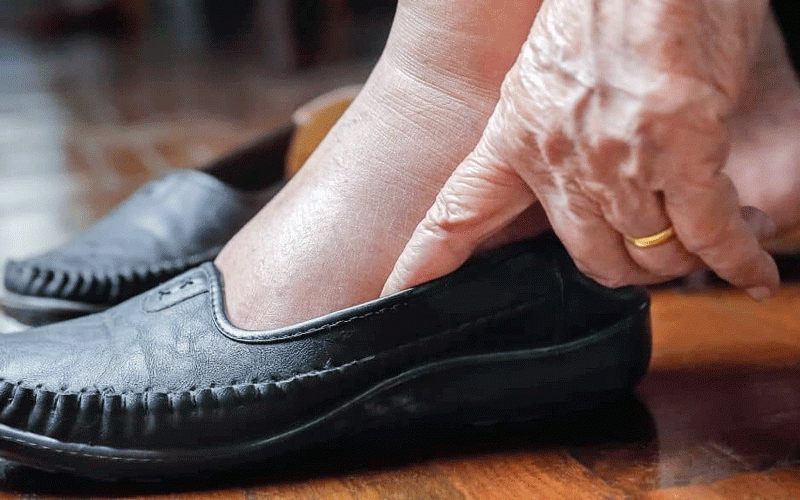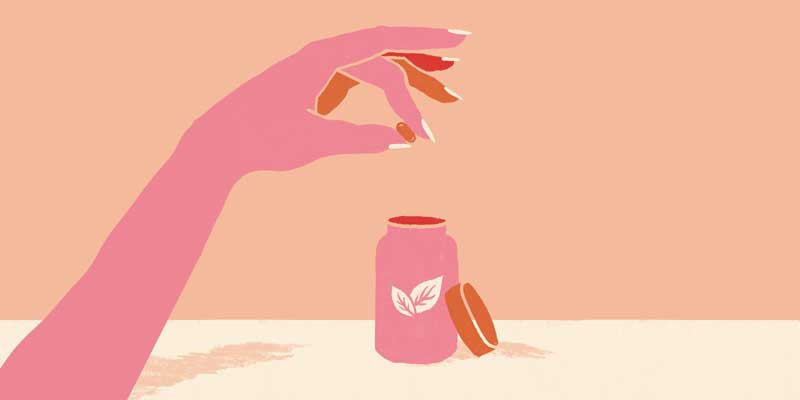
It’s probably easier to think of a binge as drinking with the intention of getting drunk. It is particularly hazardous as the body’s systems have to deal with very high levels of alcohol, which are poisonous to the cells.
Hazardous drinking is an equal opportunity activity — about two-thirds of men aged 20-24 and one-third of women aged 16-19 are hazardous drinkers. The latest government statistics show more and more young women are binge drinking, even though, on a drink-for-drink basis, alcohol affects women more than men because of their build and body fat. In small doses, alcohol helps us relax and feel more confident. But even though alcohol might make you feel better, it affects the chemistry of your brain in a way that increases negative feelings, so in the end it just makes matters worse.
Alcohol can have a permanent effect on your brain, especially if you drink while your brain’s still growing and maturing, which is up to 20 years old.Binge drinking will affect your ability to learn and to concentrate long after your hangover has gone. As yet, doctors don’t know if the brain damage caused by hazardous drinking can be reversed.
Binge drinking causes more extensive problems than just brain damage. For most young people, the problems from drinking too much are best summarised as CASH:
Concentration
Accidents/aggression,
Sexual situations
- Chamisa under fire over US$120K donation
- Mavhunga puts DeMbare into Chibuku quarterfinals
- Pension funds bet on Cabora Bassa oilfields
- Councils defy govt fire tender directive
Keep Reading
Health problems
In the short term, we know alcohol affects reaction times and coordination, so you’re more likely to have an accident.
Alcohol affects the bit of your brain that deals with impulse control, so after a few beers you find it harder to say no. You’re more likely to take risks, such as drink driving, or doing something you later regret, such as having unprotected sex. Alcohol can also make you aggressive and violent.
Almost everyone who ends up in hospital with facial injuries is there because either they, or the person who assaulted them, had been drinking. One estimate puts these at 125 000 per year. Glasses and bottles are the most common cause of serious injury.
Over time, alcohol affects every part of your body. As well as liver disease, it’s also responsible for infertility, skin conditions, heart problems, brain damage, cancer and stroke.
What is alcohol dependence?
There’s debate among scientists about how much it’s safe to drink. The reality is, alcohol is a poison — too much will damage your health and could kill you.
Addiction to alcohol (also called dependence) is characterised by a compulsion to drink. If you don’t drink your body starts to react and you have unpleasant withdrawal symptoms, such as intense anxiety, depression and the shakes. You then feel even more desperate for the next drink, to relieve these symptoms.
If you start drinking heavily before you’re 14, you’re about four times more likely to become dependent on alcohol.
The more you drink, the more you need to drink to get the same effect. This is called tolerance and is often seen as the ability to “hold your drink”. It’s a bad idea because you don’t become tolerant to the damage caused, which simply gets worse as you need to drink more.
Safe levels of alcohol
It seems a small amount of alcohol (say, one glass of wine drunk with a meal) may help to protect against heart disease, but consuming much more than that starts to damage your body.
The safe limits are as follows:
Men — up to four units a day (about two pints of ordinary strength beer) to a maximum of 21 units a week.
Women — up to three units a day (two small glasses of wine) to a maximum of 14 units a week
It’s not a good idea to drink this much all the time. In fact, most experts advise at least two alcohol-free days a week. It’s also good to have at least two days off the booze after a big night out to give your body a chance to recover.











